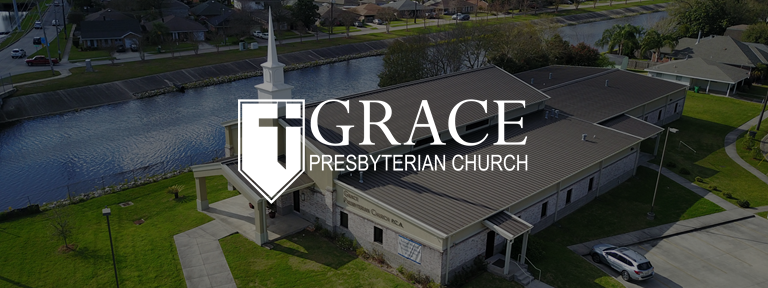How are Presbyterians governed?
The word “presbyterian” comes from a Greek word meaning “governed by elders.”
The Presbyterian system of government is a rejection of governance by hierarchies such as a single bishop or pope (as in Episcopal or Roman Catholic government). Neither is it congregational in which each congregation is autonomous such as in Baptist and independent churches.
Presbyterian polity flows both from the top down (as higher assemblies exercise limited but important authority over individual congregations, (e.g. only the presbytery can ordain ministers, install pastors, and start new churches). But also from the bottom up (e.g. the local church votes for its own pastor and officers and these men represent the local church in the higher courts).
This system of government is found in Scripture (Acts 15, I Timothy 3, Titus 1) and became the model of Presbyterian government under John Calvin during the Protestant Reformation. We are Reformed in our theology and Presbyterian in our government.
Pastor

Organizing Pastor & Teaching Elder
Belhaven University, Jackson, MS 1973
Reformed Theological Seminary, Jackson, MS 1976
International Seminary, DeLand, FL 1985
Elders

Ruling Elder
Christian Education Committee

Ruling Elder
Worship Committee

Ruling Elder Emeritus
Deacons

Chairman of Diaconate

Property Committee

Finance Committee


Deacon Emeritus


Mercy Ministry
Staff

Secretary

Music Director

You must be logged in to post a comment.